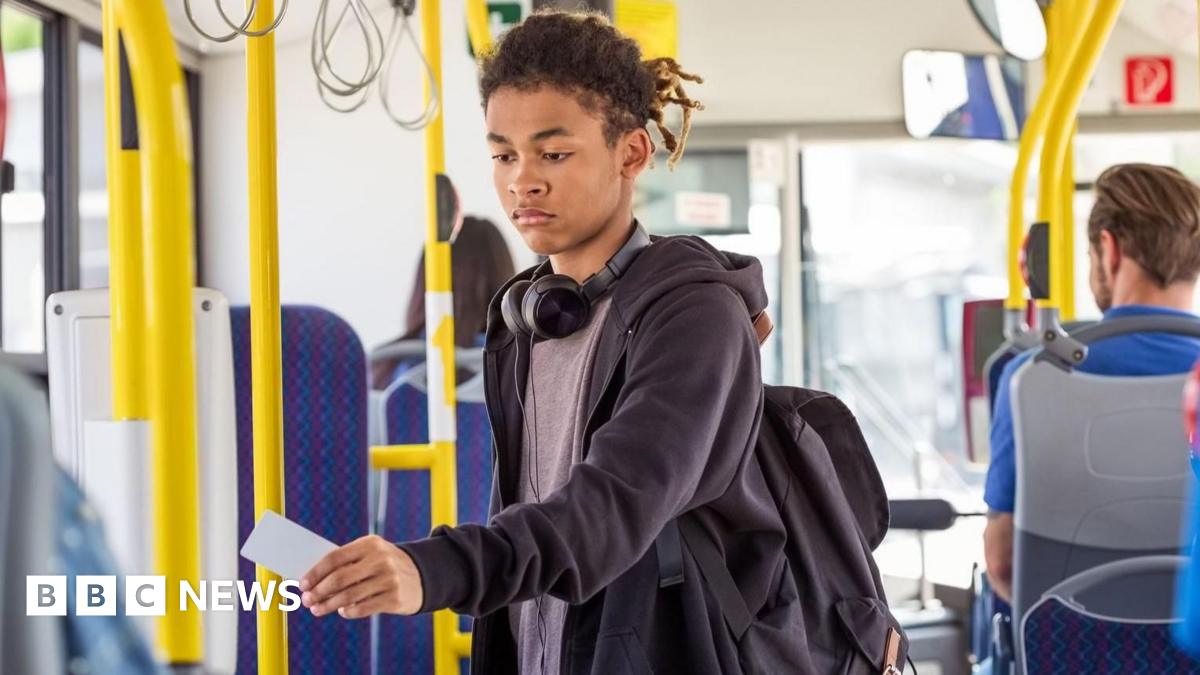Unfortunately, some of the more dogmatic posters here seem to forget that buses don't operate in a sterile environment where everyone is perfect (drivers and passengers alike), and that simply stuffing people on board as quickly as possible is a panacea to modal shift.
In recent days, we've seen suggestions that any sort of cash fares or period ticket sales should be heavily restricted on board (if not banned), as well as complaints about how long it takes to perform card transactions. If these are all issues slowing down the service, why don't we take it to it's maximal limit, and ban everything that slows the bus down? Asking the driver a question as to destination? Anyone infirm who needs time to sit down? Wheelchairs, because of the time taken to use the ramp (incidentally, one area where provincial manual ramps are often faster than London's automatic ones)? Pushchairs, because of parking time? By the time we've forbidden usage to anyone who causes an "inconvenience", do we actually have any passengers left for a viable service? Or do we take the minor inconveniences as part and parcel of using public transport?
Equally, there is an easy contrast to some of the recent suggestions here. If delays because people buy a ticket on the bus is delaying modal shift, what on earth makes you think having to laboriously go somewhere else, or download yet another app (contrary to belief, not everyone likes to have eight dozen apps they'll use occasionally blocking up their phones) to buy said ticket will make the bus more of an option? Do I also remember comments above that reading mobile tickets can be slower than paying by card, thus a further delay to the service? Presumably those posters are aware that there are not insignificant areas of the country(side) where mobile signals are poor, internet speeds are poor, and there may not even be a village shop to have a Paypoint-type location? And presumably, where they exist, it's reasonable to delay people doing their shopping (because last time I saw someone top up a meter key using one, the machines were eye-wateringly slow) so the bus doesn't get delayed by 15 seconds in two days time?
For all the talk of London, are we really expected to believe that every route in London is the same? Are the drivers on the 383 or 389 (or whatever the W10 is nowadays - 456?) treat their passengers with the same disdain as the central London routes, or vice-versa that the passengers treat the drivers such? It was noted in last month's Buses magazine:
Last year, Neighbourly Lab, which is working with TfL on the initiative [a campaign to recognise the efforts and impact of bus drivers], found that bus drivers appreciate interactions with the public and that it can dramatically improve morale. Many drivers said that one passenger saying thank you can really make their day and lift their mood entirely."
If companies are already struggling with driver shortages, how would lowering their morale by turning them into "beep monitors" make the job any more inviting? From an anecdotal sample of one, I know of at least one ex-London driver who openly stated one of the reasons he prefers to work in buses 'here' rather than London is because of the chance to interact with people.
Ultimately, yes, there are ways that boarding could be speeded up, and yes, companies could well be challenged in some ways. But that's largely going to be through carrots, rather than sticks, and not draconian restrictions on what you can and can't do in a sterile fantasy world. I don't believe for one second that non-bus users are being put off because it takes a few seconds to stick a ticket in a wallet (presumably they exist somewhere, but when was the last time a bus sold a weekly ticket to almost everyone boarding, as suggested with the "60" suggestions above?) - rather it's the general lack of infrastructure and overwhelming traffic congestion, as well as cost and overall uncertainty of where the bus goes. (It's been noted in other threads that bus use declines and traffic increases when it's raining, as people move towards being dropped off in a car). My entirely unscientific estimate is that you'd save just as much time by reconfiguring ticket machine software to default to card payment (if such is possible, rather than cash and the driver having to press a button), than you would restricting on board sales.
Might we take a moment to remember that whilst few bus companies are perfect, many of them are reasonably attuned to the needs and desires of their customers?
/rant.


